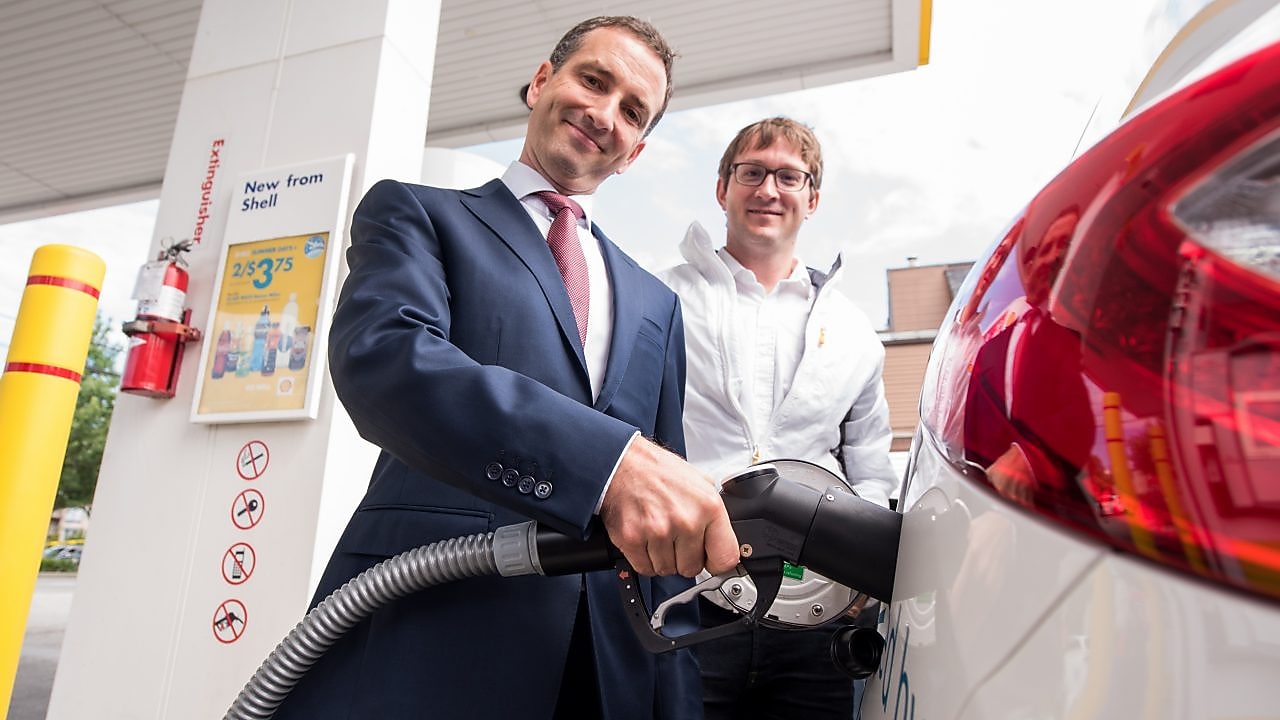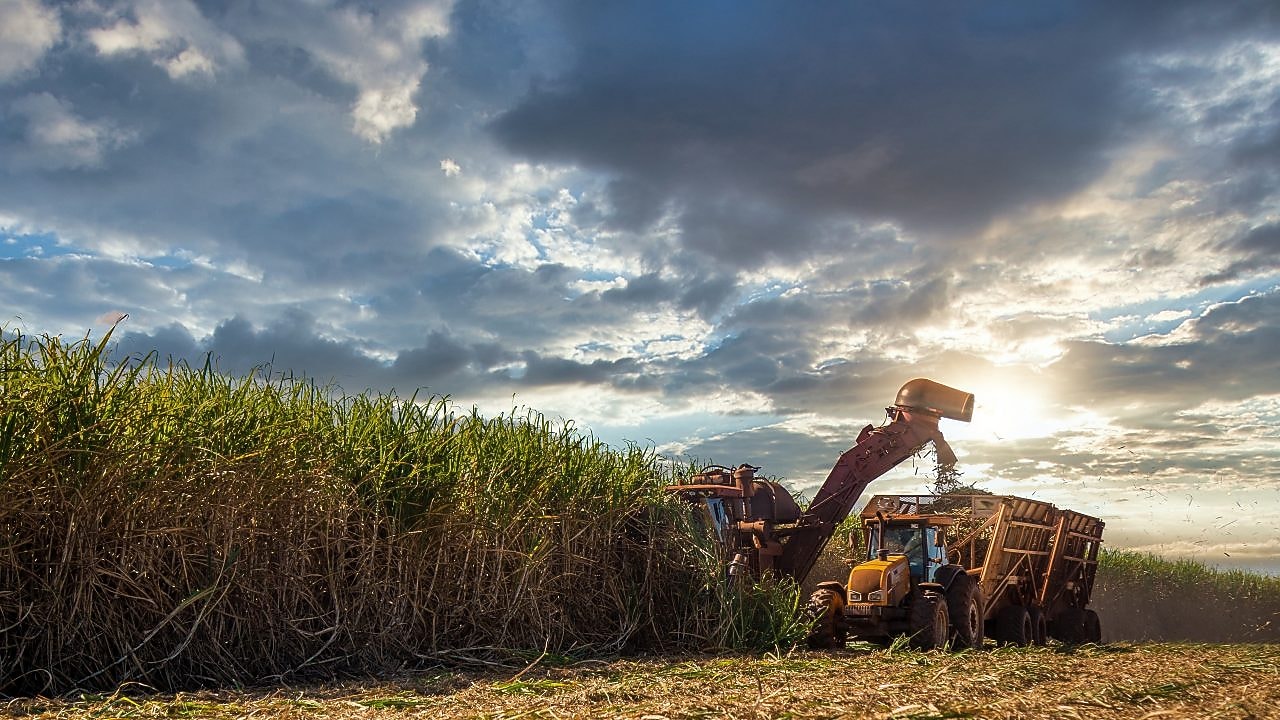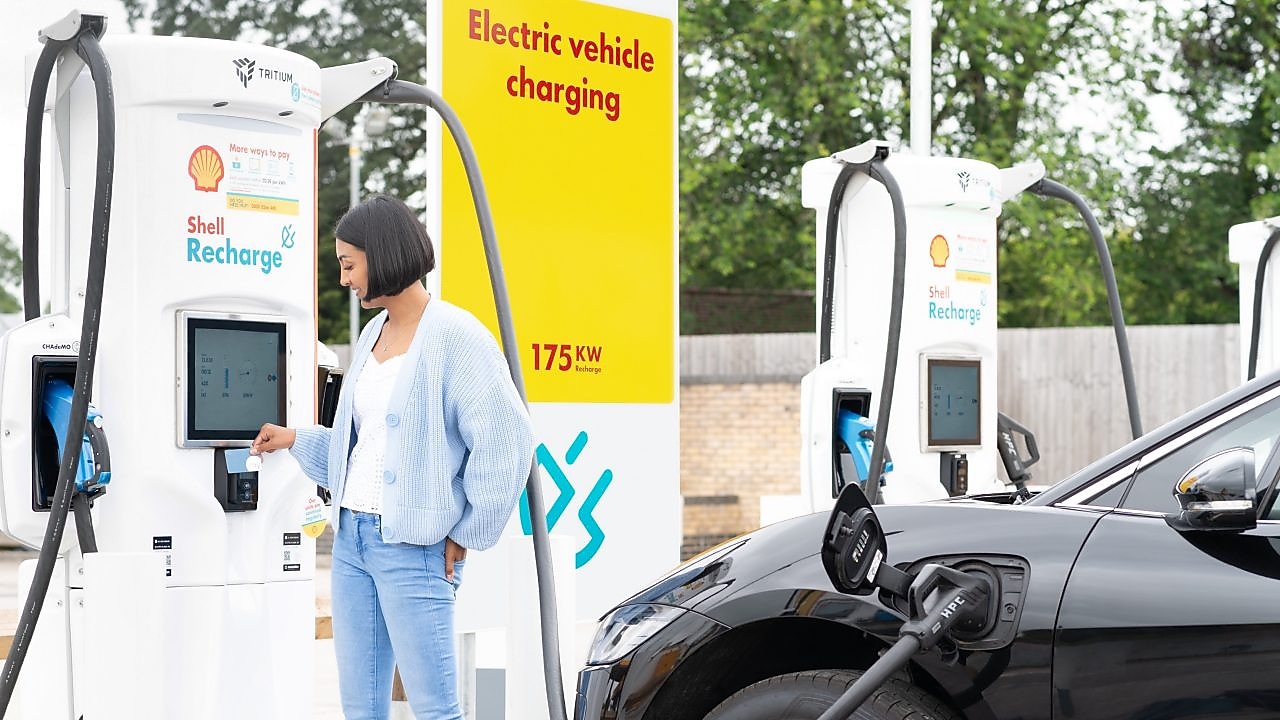
Renewables and Energy Solutions
Clean Tech Innovation
BC Centre for Innovation and Clean Energy (CICE)
Shell’s commitment of $35 million, along with matching funds from the Government of Canada and the Government of British Columbia, helped to establish the BC Centre for Innovation and Clean Energy. The Centre is bringing together innovators, industry, governments and academics to help accelerate the commercialization and scale-up of lower-carbon energy technologies. It is also a catalyst for new partnerships and world-leading innovation to deliver near and longer-term carbon emission reductions.
Natural Gas Innovation Fund (NGIF)
Shell is a member of the NGIF, an initiative of the Canadian Gas Association to support cleantech innovation in natural gas. NGIF fills a technology development gap in the sector and invests in innovation led by cleantech start-ups and small and medium-sized enterprises enabling natural gas solutions for current and emerging challenges facing Canada’s energy system.
Hydrogen
Shell sees opportunities across the hydrogen supply chain. Shell and Canadian company HTEC launched Canada’s first retail hydrogen vehicle re-fueling station in Vancouver and Shell now hosts a second HTEC site within our Mobility network.
Hydrogen fuel cell electric vehicles convert hydrogen into electricity and produce only heat and water when driven. They can drive up to 700 kilometres before being refueled in a few minutes at a standard station with a hydrogen dispenser.


Liquid Fuels
In Canada, Shell supplies renewable diesel in British Columbia, Manitoba and Quebec, while biodiesel is marketed across the country. Shell has also invested with others in the deployment of biofuels technologies in Canada with the Forge biofuel production plant.
FORGE: Canadian biofuel start-up FORGE Hydrocarbons Corp is building a first-of-its-kind CAD$30 million commercial-scale, biofuel production plant in Sombra, Ontario with a capability of 7.5 million gallons of renewable fuels annually. These fuels include renewable jet fuel, diesel and naphtha from waste fats and oils which are cheaper to produce than conventional renewable diesel and require no specialized blending infrastructure.
Renewable Power
EV charging : Shell currently owns or operates more than 11,000 public and private charge points in the United States and Canada. The Shell Recharge EV charging network is being deployed across various provinces in Canada, with the ambition to become a national EV charge point network provider, similar to our fuel-branded network, supporting EV drivers journeys from coast to coast.
In 2022, Shell announced that with support from Natural Resources Canada, 79 fast charging points (which operate between 50 and 180 kilowatt hours) would be installed at select Shell retail locations along critical corridors from British Columbia to Ontario. We plan to grow our Shell Recharge brand network presence across North America by providing customers with the best and most convenient EV experience available, enabling them to charge where, when and how they want.

Solar at Scotford: Shell Canada and its North American solar platform Silicon Ranch are building a 58-megawatt solar farm adjacent to Shell’s Scotford Energy Park. The solar farm will be the first in Canada to be built, owned and operated by Tennessee-based Silicon Ranch, which is 47% owned by Shell. The power generated by the new solar farm will be dedicated to the Scotford refinery providing 20% of its energy needs.
Onshore Wind: Shell has a long-term power purchase agreement with Calgary-based BluEarth to purchase wind capacity from their 130 MW Hand Hills Wind Project near Drumheller, Alberta. Shell Energy will purchase the electricity and associated emission offsets from 100 MW of the project’s capacity.
Carbon Capture and Storage
Located at the Scotford upgrader near Edmonton, Alberta, the Quest Carbon Capture and Storage facility is designed to capture and store CO2 from hydrogen production. Learn more about our Quest facility here.
